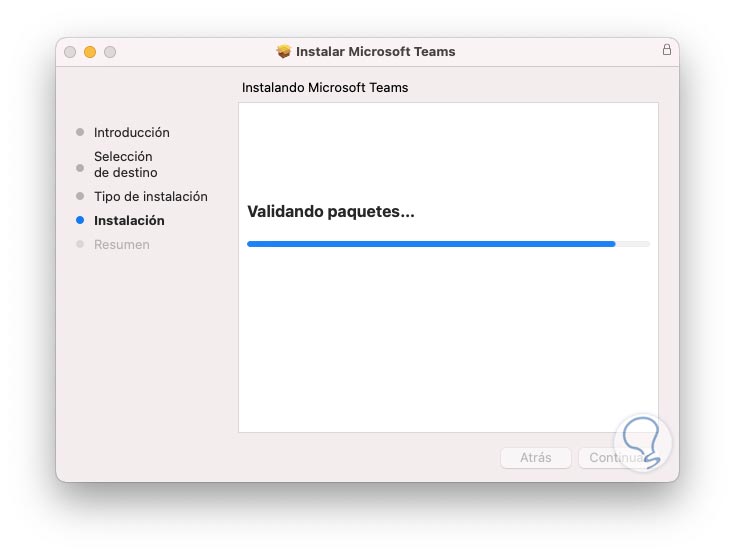


The new versions of Team will be released as a universal binary that runs natively on both Intel and Silicon-powered Macs. However, the company only first started beta testing a version of Teams optimized for the new chips back in April. Other Microsoft apps including the Office suite were available not long after Silicon-powered Macs debuted. One workaround has been to run the progressive web app version of Teams, which requires the Microsoft Edge Mac browser. So far, Teams has run using Rosetta 2 translation, resulting in performance issues like slow startup times, lag and more. The updated app comes nearly two years after Apple revealed its first Silicon-powered M1 devices.

"For Mac users, this means a significant boost in performance, ensuring efficient use of device resources and an optimized Teams experience even when using multiple high-resolution monitors during calls or meetings," wrote Microsoft's Anupam Pattnaik. Microsoft has finally released a version of Teams optimized to run Apple Silicon Macs, it announced.


 0 kommentar(er)
0 kommentar(er)
